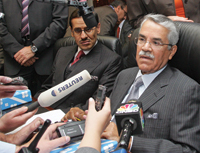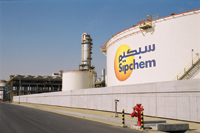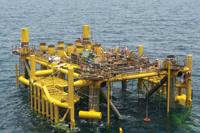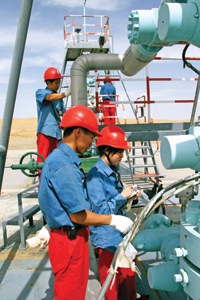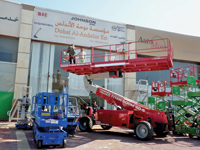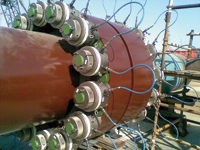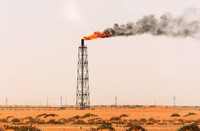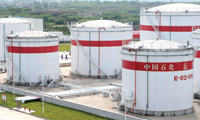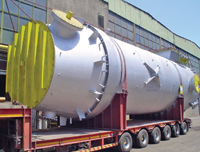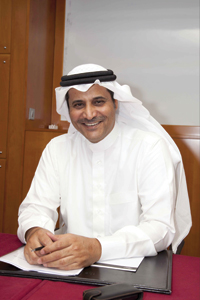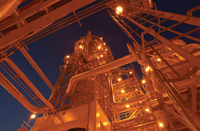
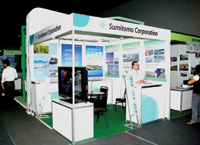 Sumitomo ... studying the feasibility of PetroRabigh expansion
Sumitomo ... studying the feasibility of PetroRabigh expansion
SUMITOMO and state-run oil giant Saudi Aramco said when they signed the agreement in 2009 to expand the PetroRabigh plant in Saudi Arabia, the feasibility study would be completed by the third quarter of 2010.
But foreign contractors who have already bid to build it are likely to be left waiting until after their current bids expire in April while Sumitomo revises the economics of the multi-billion dollar investment.
“I can’t say when as we are still trying to figure out if the project is feasible... Economic and petrochemical market conditions have been changing,” the senior Sumitomo source says when asked how long the review would take. “We think we are still in the middle of the feasibility process... We make tough negotiations to the very last detail, we want to make the project work,” he says.
Feasibility studies typically precede front-end engineering and design (Feed) work and engineering procurement construction (EPC) contract tenders, but potential investors will review feasibility studies if market conditions shift.
Sources in Saudi Arabia say stiff competition and an uncertain outlook in the petrochemicals sector could be behind Sumitomo’s sluggish decision making, but South Korean companies submitted such low bids to do it that they could encourage Sumitomo to press on.
“The lowest price offered was unbelievably cheap, they have to reconsider how much sales, gain from the plant, consider the income, recalculate carefully – nobody knows which direction it will go,” says an industry source in Saudi Arabia.
Another industry source in the oil-exporting country says the Japanese partner should be in a position to decide once and for all whether to go ahead with the project now it has a clearer view of the costs involved.
“They should be able to evaluate better but they are late, this should have been completed months ago,” he says.
Under Rabigh II – which is expected to cost $6-$8 billion – the existing ethane cracker would be expanded as well as a new aromatics complex using around 3 million tonnes per year of naphtha and various units of petrochemical products of higher value and speciality including EPR (ethylene propylene rubber), methyl methacrylate (MMA).
The Sumitomo executive says his company was still in the middle of the review and not about to pull out.
“We established a very close relationship with Aramco getting through phase one... We’re committed to working together,” he says. “We realise they probably want to move faster... But we’re working hard on this feasibility study on the assumption that we will work together.”
Sources in Saudi Arabia says Aramco would press ahead with the project as it is a key part of Saudi plans to diversify its energy portfolio and maximise profits from downstream activities.
Aramco says it is still working with Sumitomo on completing the project.
“Saudi Aramco remains committed to the realisation of the PetroRabigh expansion project and is engaged with Sumitomo Chemical to optimise project execution in a manner that will ensure the project will achieve the aspirations of all of PetroRabigh’s shareholders and other stakeholders,” Aramco says in a statement.
None of the sources could say whether financial problems or lower-than expected-revenues from Rabigh I were behind the delay.



















































































